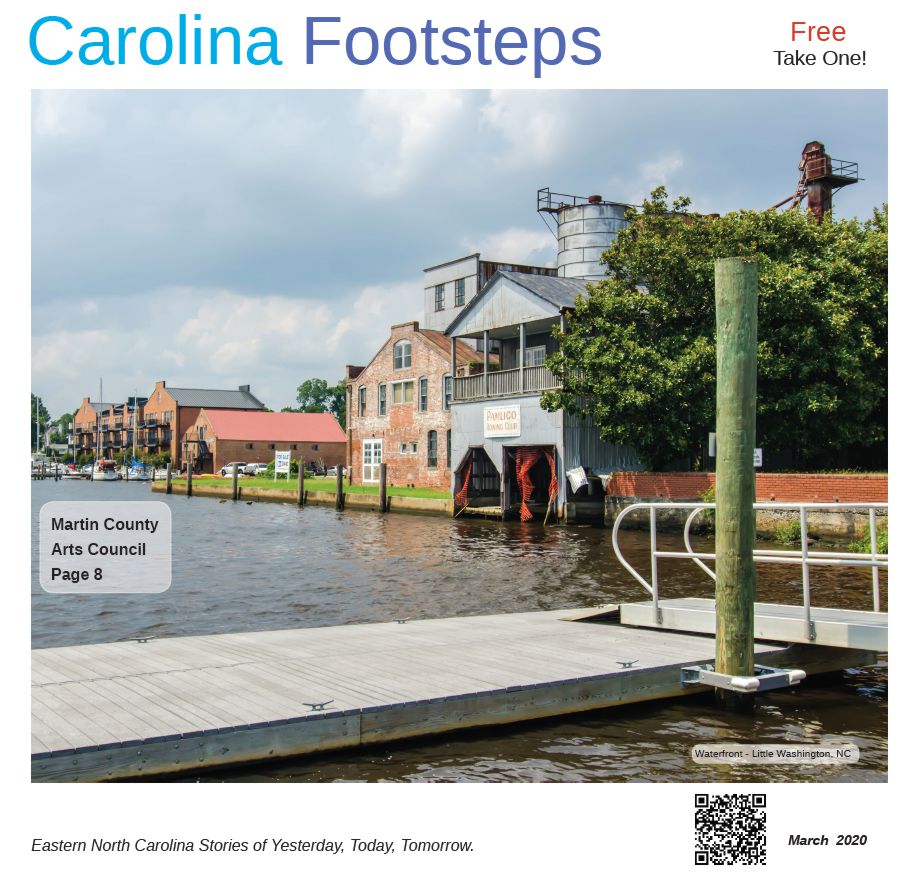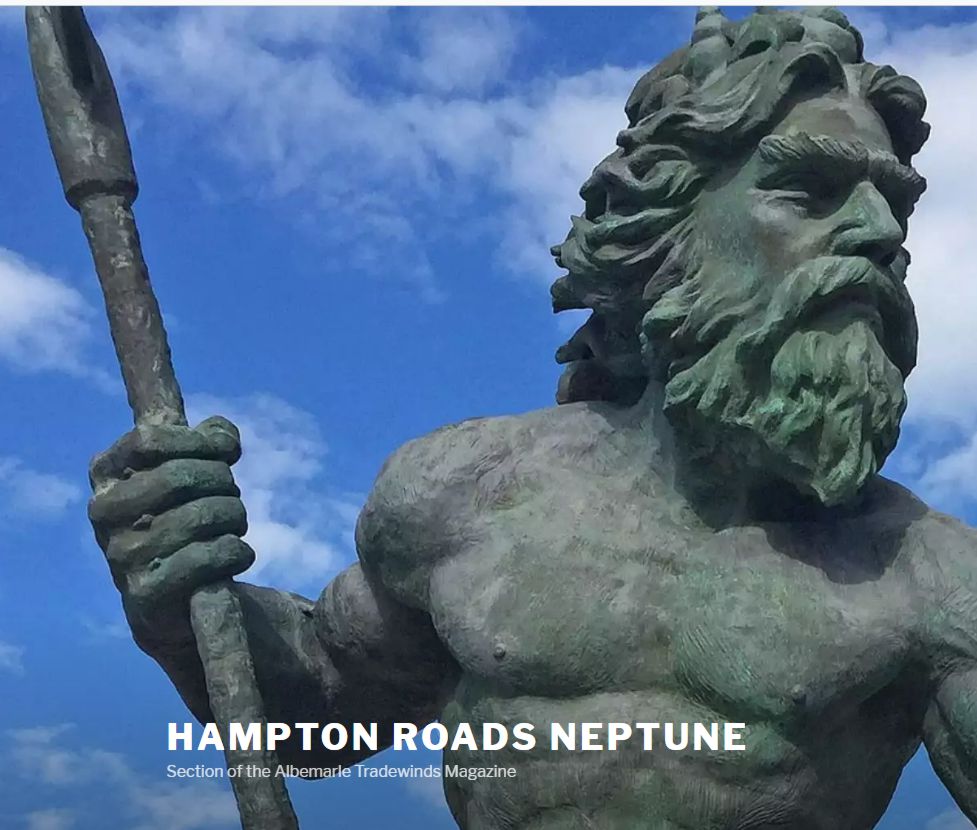There are several periods throughout Indian history that have proven to be more detrimental than others for tribes. One such period occurred during attempts to force individualization and assimilation with the intent to integrate Indians into mainstream society. However one should bear in mind that as European settlement moved westward, those attempts occurred much later for tribes in the west.
The idea of the disappearing Indian was a popular notion among European leaders as they relied on Indians to voluntarily give up their land to achieve their goal. In 1789 Secretary of War Knox stated: “As population shall increase and approach the Indian boundaries, game will be diminished and new purchases may be made for small considerations. This has been and probably will be the inevitable consequence of cultivation. It is, however, painful to consider that all the Indian tribes, once existing in those states now best cultivated and most populous, have become extinct. If the same causes continue, the effects will happen and, in a short period the idea of an Indian this side of the Mississippi will be found only in the pages of the historian.” Even George Washington held a similar opinion in 1783 as he stated, “….when the gradual extension of our Settlements will as certainly cause the Savage as the Wolf to retire; both being beasts of prey tho’ they differ in shape.”
While those statements were projected in a rather presumptuous and calloused manner, the act of forcing individualism and assimilation occurred throughout the United States. It was profoundly demonstrated in the taking of fee simple lands that were held communally by the Chowanoke Indians. This occurred even in the aftermath of the sale of their reservation. During the 1780’s, Chowanoke Indians had purchased 30 acres of land to live on and by 1810, thirty-four individuals were known to reside there. However, due to mishap, 6 acres of land was purchased by a non-Indian who then wanted the land divided among the Indians so that he could secure his parcel. The Chowanoke did not understand that concept in the same manner that the purchaser did not understand the concept of communal living. By 1821, a series of unfortunate and devious events caused the entire tract of land to wind up in the possession of the non-Indian purchaser. For the first time, this left the Chowanoke people without the support that comes from communal living and with no other choice but to individualize their existence.
Chowanoke History Oct 2017
 Reviewed by kensunm
on
7:00:00 PM
Rating:
Reviewed by kensunm
on
7:00:00 PM
Rating:
 Reviewed by kensunm
on
7:00:00 PM
Rating:
Reviewed by kensunm
on
7:00:00 PM
Rating:







No comments: